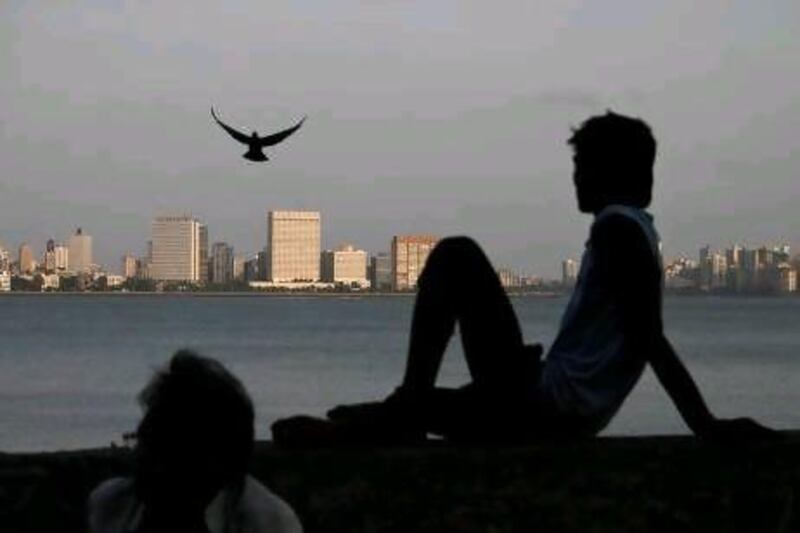A slump in the value of the rupee is encouraging many Indians living in the UAE to buy property back home.
Sumansa Exhibitions, the organisers of Dubai's Indian Property Show is predicting that its event next month will attract more than 16,000 visitors - a record if it happens -as wealthy Arabian Gulf-based Indians flock to take advantage of favourable exchange rates.
The rupee has fallen by about 25 per cent against the US dollar since August last year and hit an all-time low against the American currency in June, from which it has not recovered. As a result Indians living overseas are able to get far more bang for their buck.
The rupee fell to a two-month low of more than 55 against the dollar this week, as fresh economic data reignited concerns surrounding slowing growth in India's economy and high inflation levels.
In a survey of delegates registered to attend the event, Sumansa discovered the amount of cash they were willing to pay was rising rapidly.
The survey found that 11.4 per cent of respondents were looking to invest in Indian property worth at least 10 million rupees (Dh669,333), an increase from 10.09 per cent on the previous year.
Moreover, the number of Indians looking to take advantage of spiralling property prices back home by buying property purely as an investment rose significantly.
The survey found that 26.7 per cent of those questioned said they were looking to buy property as an additional investment - up 6 per cent compared with the same period the previous year.
The most popular cities where UAE-based Indians wanted to invest were Mumbai, Bangalore and Delhi.
"The show this December will be the biggest that we have ever done on all measures," Sunil Jaiswal,the chief executive of Sumansa Exhibitions told The National.
"Before the downturn we saw around 15,000 visitors come to the show, then fell to about half that number by December 2009. Over the past year, though, we have seen numbers return to the 15,000 level, and this year we expect to surpass that. Investing in this sector when the rupee is low makes sense.
"Even if the non-resident Indian takes out a home loan to buy his property, his payments are much cheaper compared with what he would have been paying last year."
Estate agents specialising in catering to the overseas Indian market also reported an increase in demand.
"Over the last year we have seen the number of inquiries we have received increase … from around 25 to 50 a month to around 200 to 250," said Nishant Singhal, the director of strategy and alliances at the Dubai-based Investors Clinic. "Sales have increased along similar lines and we are now concluding 25 to 30 property transactions each month."
And property developers on the subcontinent confirmed they were experiencing an increase in demand from Indian investors based overseas, especially in the UAE.
"Rupee depreciation against the dollar is a great attraction for non-resident Indians to invest back home so if you keep a time horizon of two or three years, an average return of 25 to 30 per cent is guaranteed," said Sunil Dcosta, the international sales manager at Sahara Prime City, a unit of one of India's biggest property developers.
"The momentum of investment in tier 2 and tier 3 cities is quite high because the rate of appreciation is much more due to fast paced infrastructural developments."
"With the rupee depreciating over the past couple of years, there has been a good amount of remittance going back to India," added an official for Indiabulls, a development company. "Properties continue to be a preferred choice for expat Indians for investment and asset creation. "





